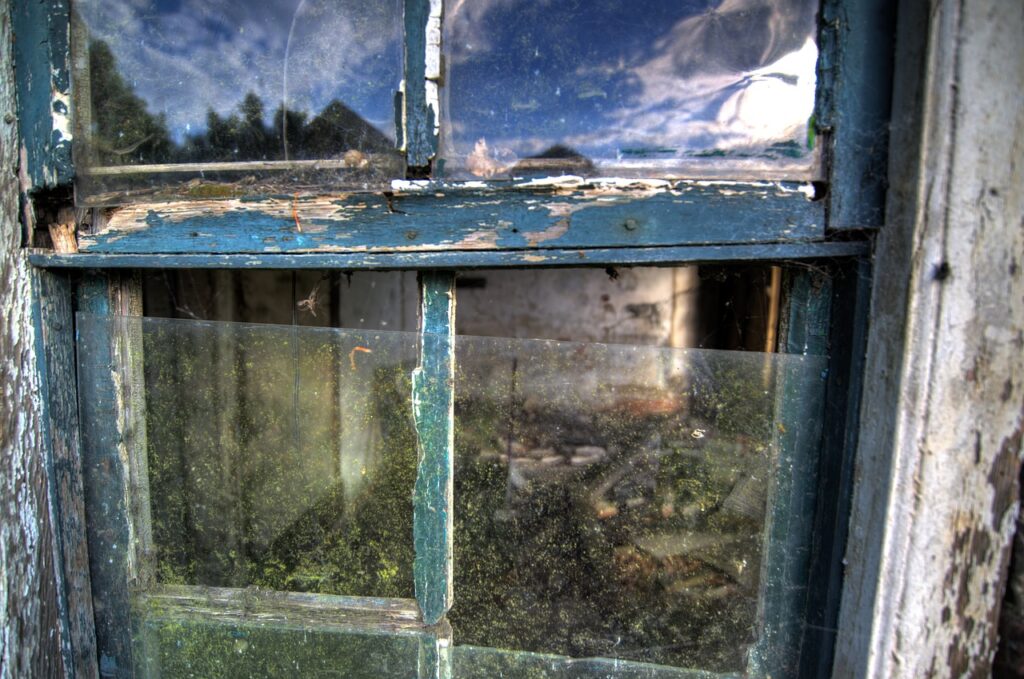Does Building Insurance Cover Rot?
We will search the top carriers for you for the best offer.
The Advantages of Building Insurance
Homeowners wondering whether building insurance covers rot should focus on how and when the rot developed—because coverage typically depends on that cause.
1. When Rot Might Be Covered
Building insurance may cover rot repairs if the issue is linked to a sudden insured event, such as:
A burst pipe flooding walls or ceilings
Storm damage forcing ingress and causing moisture build-up
Fire or explosion leaving moist structural damage
Subsidence or structural movement (if that coverage is purchased)
In these cases, the insurer may reimburse the affected structural elements if the rot occurred as a direct consequence of a covered peril.
2. What Rot Damage Is Generally Excluded
Most policies exclude damage caused by gradual deterioration or neglect, including:
Rot from dampness, condensation, or leak-induced moisture over time
Damaged materials due to poor ventilation, rising damp, or mold
Decay resulting from lack of maintenance or delayed repairs
Faulty workmanship or materials during construction
Routine wear, aging, or neglected conditions fall under homeowner responsibility—not insurable events.
3. Reviewing Optional Coverage
Certain endorsements might offer added protection:
Trace-and-access or escape-of-water coverage, which may include water damage leading to rot
Structural/accidental damage riders, where sudden moisture ingress is covered
Subsidence or landslip extensions, applicable if foundation movement caused the rot
These enhancements may cost more but are key in properties vulnerable to moisture-related damage.
4. Filing a Claim Successfully
To help a rot-related claim succeed:
Photograph all visible signs of rot and surrounding conditions
Demonstrate the initiating event (e.g. pipe burst date, storm evidence)
Show proof of prior good maintenance, such as timely roof or drain checks
Provide repair estimates and receipts if required
A claim is strongest when you can prove the rot was sudden and not caused by neglect.
Quick Summary Table
| Cause of Rot | Covered by Building Insurance? | Notes |
|---|---|---|
| Burst pipe, storm flood, fire | Yes | If covered peril triggered the moisture |
| Structural subsidence or movement | Yes, if subsidence cover included | Part of insured perils, if purchased |
| Gradual dampness, condensation, mold | No | Considered maintenance or homeowner risk |
| Poor ventilation or lack of upkeep | No | Not insurable—slow deterioration |
| Construction defects or faulty materials | No | Excluded unless tied to sudden insured event |
Final Takeaway
Building insurance may cover rot only if it results from a sudden, insured event—like pipe bursts or storm damage—not from slow deterioration, dampness, or neglect. Optional endorsements can expand coverage, but reviewing your policy terms is essential.
Homeowners Insurance

Related Posts
Get a Right Insurance For You
SHARE THIS ARTICLE
We will compare quotes from trusted carriers for you and provide you with the best offer.
Protecting your future with us
Whatever your needs, give us a call, have you been told you can’t insure your risk, been turned down, or simply unhappy with your current insurance? Since 1995 we’ve been providing coverage to our customers, and helping people across United States.












